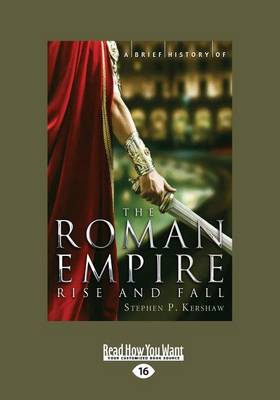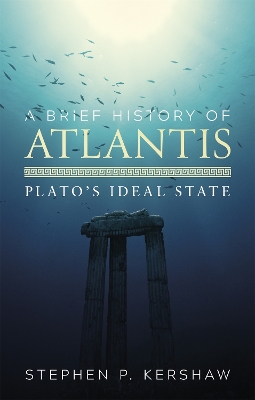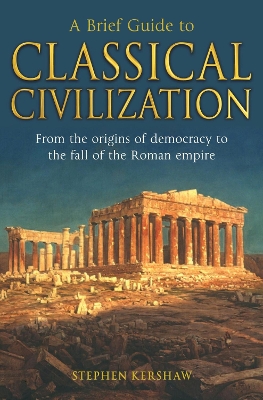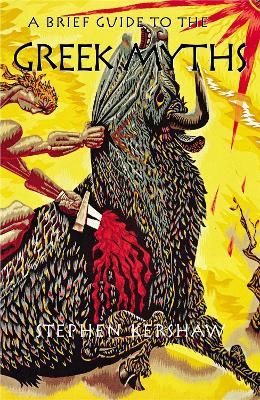Brief Histories
4 total works
The Atlantis story remains one of the most haunting and enigmatic tales from antiquity, and one that still resonates very deeply with the modern imagination. But where did Atlantis come from, what was it like, and where did it go to?
Atlantis was first introduced by the Greek philosopher Plato in two dialogues the Timaios and Kritias, written in the fourth century BC. As he philosophises about the origins of life, the Universe and humanity, the great thinker puts forward a stunning description of Atlantis, an island paradise with an ideal society. But the Atlanteans degenerate and become imperialist aggressors: they fight against antediluvian Athens, which heroically repels their mighty forces, before a cataclysmic natural disaster destroys the warring states.
His tale of a great empire that sank beneath the waves has sparked thousands of years of debate over whether Atlantis really existed. But did Plato mean his tale as history, or just as a parable to help illustrate his philosophy?
The book is broken down into two main sections plus a coda - firstly the translations/commentaries which will have the discussions of the specifics of the actual texts; secondly a look at the reception of the myth from then to now; thirdly a brief round-off bringing it all together.
A general introduction to the classical world from its origins to the fall of the Roman Empire.
The book focuses on questions of how we know about Classical civilization from archaeology and history; deals with the Mycenaean era and the world of Myth and Epic in Homer's Iliad & Odyssey; gives an outline of Greek history in the 5th & 4th Centuries BC; looks at Greek social life and the alternative model of Sparta, and considers the achievements of the Greeks in their art and architecture, tragedy and comedy.
Turning to Rome, it engages with Roman history, the Roman Epic tradition, the fascinating features of Roman social life, analyses Roman satire, explores the urban environment in Pompeii and Herculaneum, and concludes with the End of Rome.
The book leads the reader through these vibrant stories, from the origins of the gods through to the homecomings of the Trojan heroes. All the familiar narratives are here, along with some less familiar characters and motifs. In addition to the tales, the book explains key issues arising from the narratives, and discusses the myths and their wider relevance.
This long-overdue book crystallises three key areas of interest: the nature of the tales; the stories themselves; and how they have and might be interpreted. For the first time, it brings together aspects of Greek mythology only usually available in disparate forms - namely children's books and academic works. There will be much here that is interesting, surprising, and strange as well as familiar. Experts and non-experts, adults, students and schoolchildren alike will gain entertainment and insight from this fascinating and important volume.



